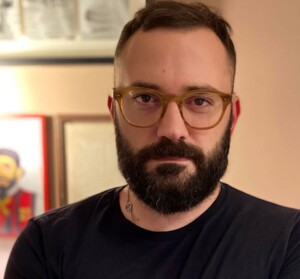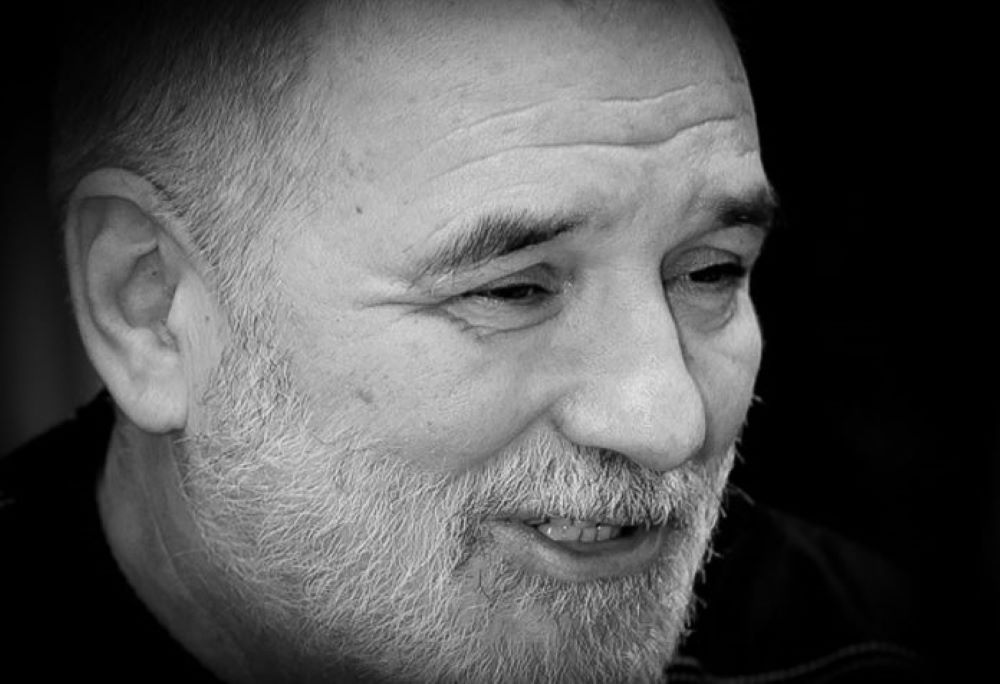Both Djordje Balasevic and Mira Furlan could have easily slipped into nationalism and ridden its wave of banality. They never did. They are heroes precisely for never having fallen into the mud.

Djuro Radosavović
There are people, and we often call them personalities, who can move boundaries. They refuse the patterns and moulds of nationalism, pointing out, both with their presence and their behaviour, the absurdity of lines on a map. They are proof that people share so much, regardless of their flags, and are the ones who bring people closer together. They make all the contrived hatred go up in smoke.
The news of Balasevic’s passing has detonated across cities, from Postojna to Ohrid, Split to Belgrade, Ulcinj to Novi Sad, to Senta. It was the most beautiful reaction to the saddest of news – cities responded. Even the most terribly complicated cities, unpredictably wonderful, places where it is difficult to stand out as they are unforgiving of success. They too cried and sang.
Even David Bowie would have been diagnosed with faults, had he risen from the dead, and Balasevic was sent off as if he were mayor of all the cities for a day. No bad word could have been uttered, and his talent could not be questioned. Everyone loved him, though not everyone loved him publicly.
Even social media worked for Balasevic for a few days. With zero dinars, kunas, marks or euros invested, he was still the breaking news. Even the channels which boycotted him for years gave in, digging up old concerts and interviews to broadcast. No other news had a chance, the Pannonian sailor was stronger than all the paid posts and counter-currents.
We could say that Balasevic and Mira Furlan, who left us one after another, had proven it is much more difficult to create something beautiful than to produce hatred but in the end, that which is beautiful remains remembered forever. They could have easily slipped into nationalism, and ridden its wave of banality. They never did. They are heroes precisely for never having fallen into the mud, they never incited others at a time when everyone was choosing sides. They remained their own people! Both Mira and Djordje chose love, and that is why they are admired. They never hid behind flags, they became their own symbols. Their goodbyes were, therefore, emotional and spontaneous gestures of pure love, with a pinch of collective guilt and shame.
It is incredible to see sadness convert to love, and it’s rare to see those who aren’t divisive but only share the good. People are hungry for the goodness, and that is why they came out to squares in their own cities and towns to send Balasevic off, and pay their respects. He sang about Vojvodina, though it could have been Dalmacija or Boka; about the corridors in his student housing, which could have been anywhere in the vicinity.
All this affection, of course, came with the deniers, the resenters, those with a grudge, the judges. Anything can be dramatised, even Mira’s letter from the 90s and Balasevic’s song about Vasa Ladacki. There is nothing unclear, though, because both Mira’s letter and Balasevic’s song are universal in the same way as any work of art which cannot be harmed, by time nor various reinterpretations.
Now different governments are racing to posthumously apologise and court them. They are promising streets, boulevards, and parks to sneak some of the emotion and popularity, others to clean their names, but Mira and Balasevic are the greats even without it all. Mira won the Humanity Oscar when it was most difficult to do so, and Balasevic was a Good will Ambassador before the title was ever created. They are beacons of goodness who throw and will continue to throw light far over the borders! And those are the lights we need to watch.
Đuro Radosavović, writer, journalist, columnist, copywriter; born in Podgorica, living in Belgrade. Doubts reality, believes in literature.



Leave A Comment